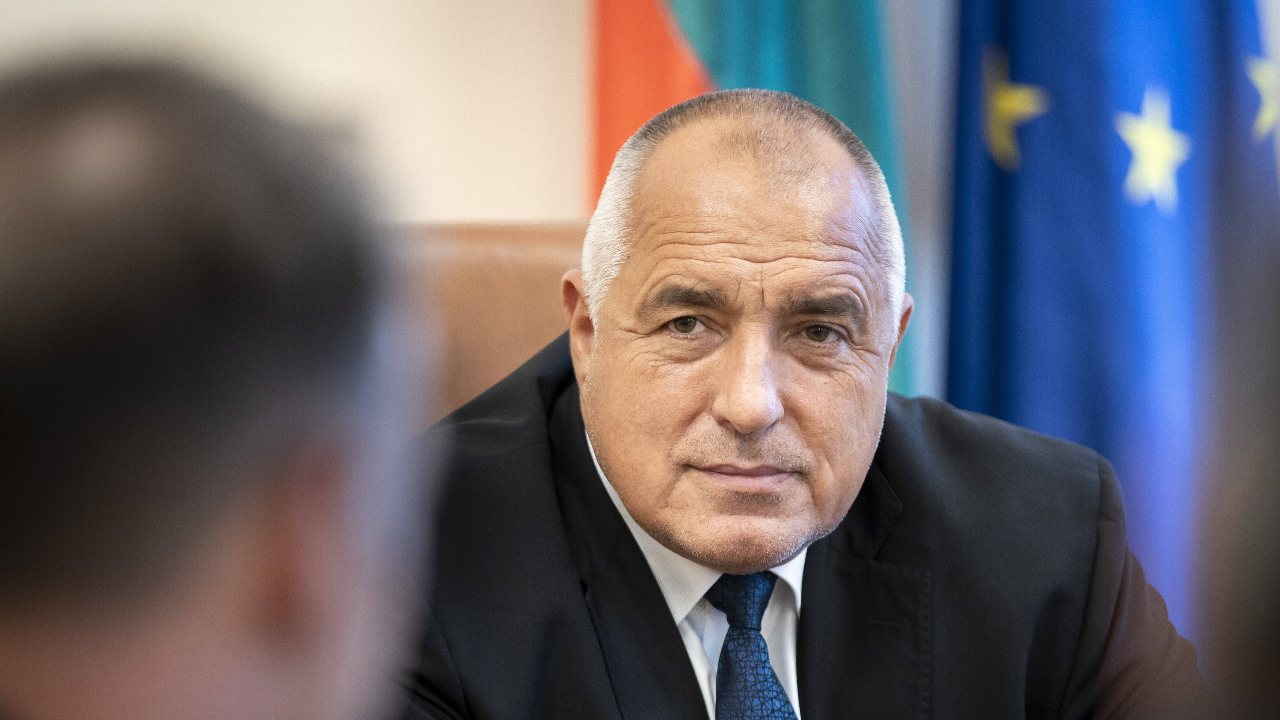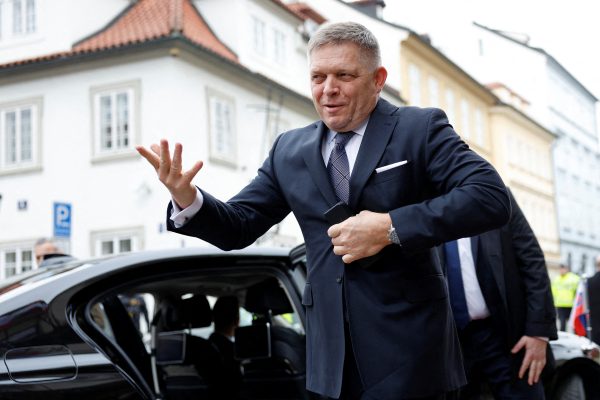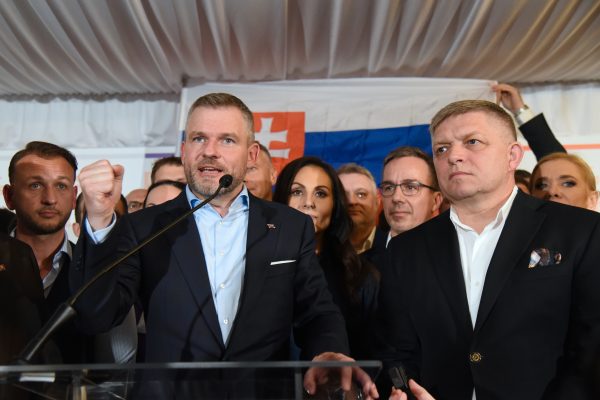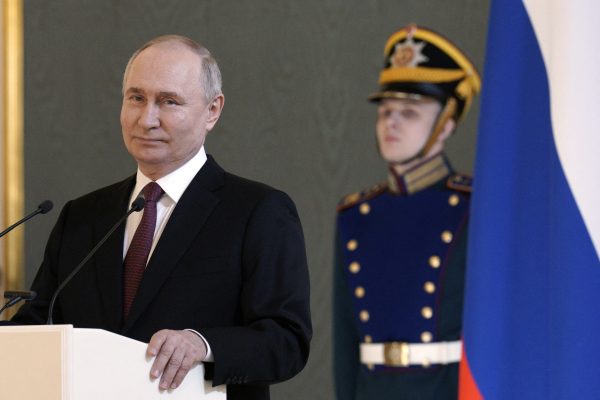Bulgarian politics is not short of drama. On March 17, the communist interior ministry official turned bodyguard turned prime minister Boyko Borisov was arrested at his home, accused of taking bribes from gambling boss Vasil Bozhkov, nicknamed the Skull. Former Minister of Finance Vladislav Goranov and the chief of Borisov’s press office Sevdelina Arnaudova were also detained.
At first, the news agencies linked the former premier’s arrest with the visit of Laura Kövesi, the European Union (EU) chief prosecutor, and the 100-plus outstanding allegations regarding the fraudulent use of EU funds. However, it soon became apparent that the police operation was another effort to investigate accusations made by gambling boss and alleged gangster Vasil Bozhkov (the Skull) who claims he was blackmailed and forced to pay bribes to Borisov, who left office last year. He was freed on March 18, stating that officials wished to kill him.
The Skull is the longest-living Bulgarian oligarch, who has engaged in murky relationships in the underworld since the early 1990s, and was at one time a close aide to Borisov. Their paths diverged when Borisov’s nationalist coalition partners decided to take control of Bozhkov’s lucrative lottery business, which the Skull (so named for a supposedly misshaped head) was unwilling to lose without a fight.
Bozhkov then fled to the United Arab Emirates where he said that Goranov and Arnautova had acted as intermediaries for illegal payments of more than €30m ($33m.) Borisov’s government also confiscated Bozhkov’s collection of thousands of ancient artifacts with an estimated value of several billion dollars.
The Skull’s allegations, first made in June 2020, were illustrated at the time by pictures of his bed chamber, which included a nightstand laden with €500 notes, gold bars, and a pistol. The revelations fueled mass anti-Borisov protests from 2020-21 and led to a lengthy political crisis and three parliamentary elections last year.
After the November elections, a broad-based coalition of four parties united to ensure the removal of Borisov and his GERB party from power. The main goal of Prime Minister Kiril Petkov’s government is to reform the Prosecutor’s Office and the termination of the Specialized Prosecution Office, which has been accused of abuse of power under Borisov.
Borisov’s release brought angry denunciations from the government, which accused the chief prosecutor who made the decision of “sabotage.” The arrests surprised not only the GERB party but also the wider Bulgarian society. While Prime Minister Petkov has said no one is above the law, a skeptical public has some reason to doubt this, given past impunity for senior office-holders. His incarceration might have shown government efforts to implement judicial reform were having some success.
In fact, Petkov’s efforts are showing some signs of progress. Last week, following lengthy and heated proceedings, the Legal and Constitutional commission of the Bulgarian parliament accepted amendments to the Law on the Judiciary aiming at the closing of the Specialized Court and the Specialized Prosecution.
The arrests underline deep divisions in Bulgarian society. The war in Ukraine has highlighted splits on foreign policy within the ruling coalition, with the Bulgarian Socialist Party (the successor party to Bulgaria’s totalitarian Communists) refusing to back the tough NATO response. Petkov was forced to sack his minister of defense over his insubordinate statements on Bulgaria’s position on the war, and will now face a still-powerful GERB party seeking early elections. (Petkov did nonetheless agree with US Defense Secretary Lloyd Austin on March 19 that a small contingent of US troops will be deployed in Bulgaria.)
Petkov’s government’s main aims are to reform the judiciary and to reclaim state institutions hollowed out and corrupted by past administrations; something strongly supported by Bulgaria’s partners in the European Union. When framing the coalition agreement, all parties skillfully bypassed the conflicting views on Bulgaria’s international priorities, which was fine when no one anticipated a war.
Now, after 100 days in office and amid an unprecedented wartime environment from a conflict close to its borders, Petkov becomes a prisoner of peacetime coalition agreements and wartime geopolitical obligations. Paradoxically, in terms of geopolitical orientation, Petkov’s party pro-Western position is closer to Borisov’s GERB than his Socialist coalition partners. But he needs the Socialists to push forward judicial reform and remove Chief Prosecutor Ivan Geshev from power. Trapped in the middle, it seems that Petkov wants to advance judicial reform, aware that without it Borisov’s return to power is very likely.
To the reformers, Borisov’s arrest illustrated precisely that they are fighting to change; and the events of last week have provided additional arguments in support of judicial reform and Geshev’s dismissal.
The consistent refusal of the Prosecution to examine all the accusations against Borisov gives Petkov the necessary political arguments for change. The question remains whether the willingness to defeat Borisov will prevail, or whether divisions on Ukraine will dismount the coalition and pave the way for his return to power.
Spasimir Domaradzki Ph.D. is an assistant professor at the Department of European Law and Institutions, University of Warsaw. Member of the editorial board of Res Publica Nova. Visegrad Insight Fellow since 2019.




